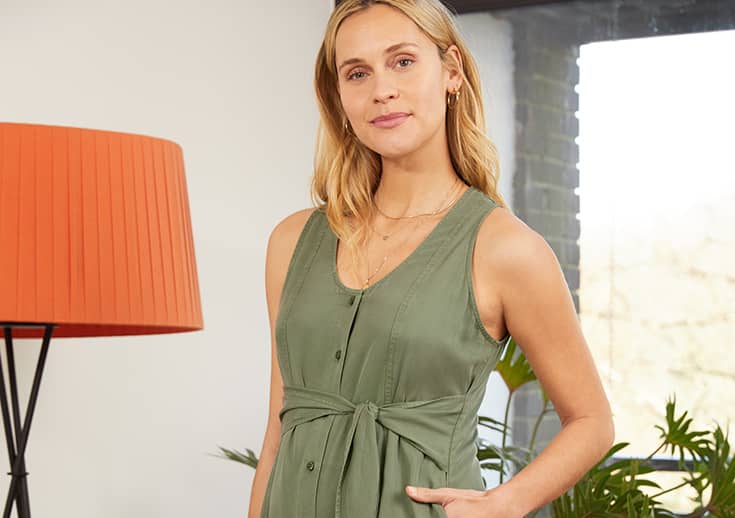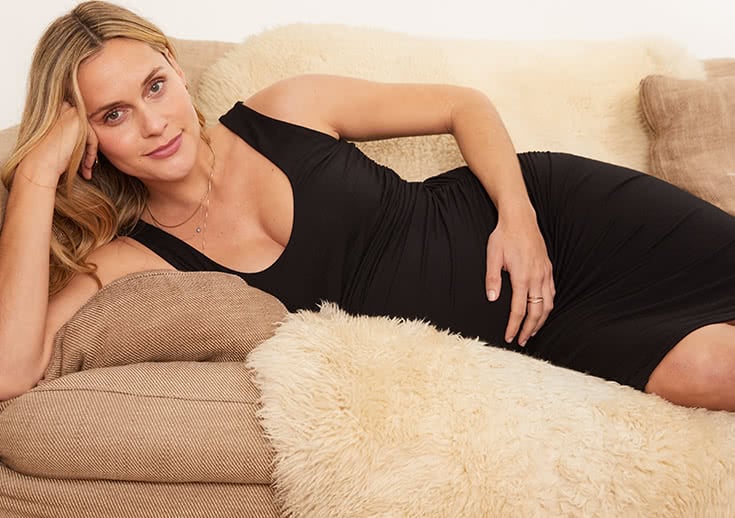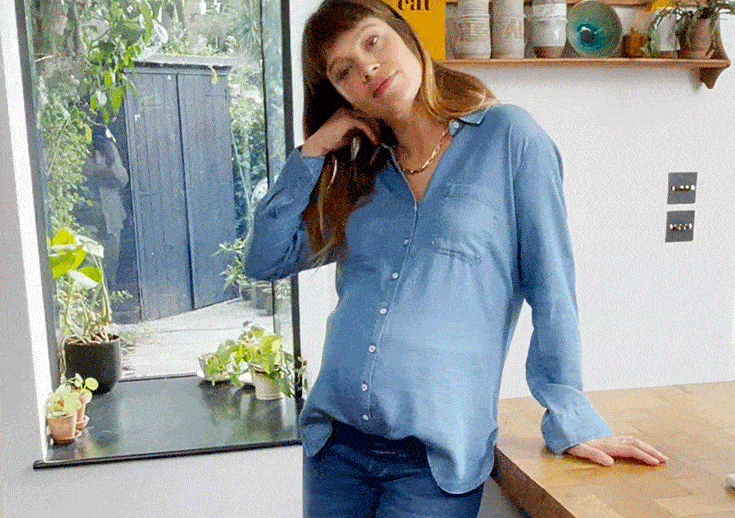The Conversation - Women and Children First Charity
Women and Children First want a world where all women, children and young people can survive and thrive. Too often they face problems that can harm, kill or hold them back, like preventable, treatable diseases or complications in pregnancy. Every 2 minutes a mother dies in pregnancy, childbirth or soon after birth. Over 300,000 women will die this year. These deaths can be easily avoided. We talked to the charity and asked about their work with mothers around the world and how people can get involved in helping them to save the lives of thousands of women and children.

Tell us a bit about yourself and what you would say your main aims are as a charity?
Women and Children First are pioneers at empowering local communities in the world’s poorest countries. We enable women to take the lead in achieving this. We guide them to overcome their problems, setting up women’s health groups, bringing women and men together to find the answers they need. They come up with life-saving ideas like bicycle ambulances, sourcing and distributing mosquito nets, and cleaning water sources. They create long-term, sustainable solutions. This effective approach has reduced newborn deaths by up to 33%, maternal deaths by up to 49% and saved over 6,500 lives to date – and counting. By the end of 2021 we are aiming to save the lives of 10,000 women, children and young people and enabling 1,000,000 more to live the lives they choose.
How did Women and Children First begin and how long has it been an established charity?
Women and Children First began in 2002, starting off within UCL.
What’s it like to support and work with women and children around the world?
It is always impressive to see how women and the communities come together to find local answers to solve their health problems. Once they are empowered and know how to come together and run these groups, they can be really effective. An example of this is how communities in different countries overcome the problem of lack of transport to a local health facility. In Malawi, the groups built or bought bicycle ambulances as a means of transportation for community members that need to be taken to their health centre quickly. In Ethiopia, in a much hillier region, that would not work – so the groups made bamboo stretchers instead. In Nepal, the groups made ‘slings’ to carry women in labour down the mountains to the hospital. While they all answer the same problem, it shows how important the local context is in finding solutions.

You’re all about empowering women to be able to thrive and support themselves and their families… how do you go about this? Is it mainly through education?
The key is in setting up the women’s health groups themselves. It gives the women a framework and approach to dealing with problems and talking about potentially sensitive issues in a structured way. The structure enables people to talk about their problems, vote on the concerns that affect the most women and then work together to find ways to overcome them.
Working through women’s health groups is a low-cost methodology that is recommended by the World Health Organisation. Rather than telling communities what to do, we provide some simple tools to help them find their own answers. This is much more sustainable, as they find long-term solutions that really fit their local needs.
What is your role at Women and Children First and how did you get into it?
I am the Fundraising and Communications Manager, so am trying to spread the word around the wonderful work of the charity. My daughter was born in October 2017. My wife had wonderful support from the NHS and an incredible team of midwives on hand for when things got a bit more complicated during the birth. If we were living in another country that support might not have been there. I firmly believe all women and their newborn babies worldwide should have that support, so they can both survive and thrive.

What has been the most memorable part of your role so far?
It is seeing the impact of the work, particularly with our recent work in the Malga District in Ethiopia. In Ethiopia many health centres are very far away. This problem is exacerbated by uneven roads, making transport challenging.
There’s a woman that lives there called Birkinesh. She could not get to her local health centre for the birth of her first child. She had no support during her labour, she lost lots of blood. She had no way to get to the centre, there was no ambulance, it was a 2 hour walk.
Birkinesh’s women’s health group vowed to take action and make sure this would not happen again. They lobbied and pressured the local government to improve the uneven road from the village to the health centre. The group educated them about the problems women faced. They were soon successful. The officials rebuilt the road, reducing the journey time to the health centre from 2 hours to just 15 minutes. When Birkinesh gave birth to her second child, she was able to get to the local health facility. The project gave them an ambulance, she had lots of support during labour and her child was vaccinated.
75% of babies in the district are now born with a skilled birth attendant – up from 15% before Women and Children First set up the women’s health groups. What a difference to saving lives!
What are the main ways you fundraise?
Our support comes from members of the public, brilliant companies and their customers (like Isabella Oliver) and also larger groups including Comic Relief and the National Lottery. Women and Children First can only achieve all this thanks to the help of our wonderful supporters.

How can people get involved with/donate to Women and Children First?
There are lots of ways people can help. You can give a gift or make a monthly donation. You could take on a challenge like the Royal Parks Half Marathon or Edinburgh Half Marathon. I abseiled down the Orbit last year, which was terrifying!
People can also fundraise in their community by running a pub quiz, doing a bake sale or a dress down day at work. Lots of people have done special fundraising yoga sessions for us too. If you can donate any pre-loved clothes to Isabella Oliver or buy from the range that can make a real difference too.
We also pride ourselves in having lots of amazing stories about the wonderful women that are being empowered to take control of their health. Subscribe to the newsletter and you will get videos and more stories straight to your email inbox.

Love Kelsy? Meet Janie
A sleeveless take on our bestselling Kelsey with plenty of space for your growing bump. It has a side-sewn belt...

The Dress That Does It All
If you buy just one thing to see you through your pregnancy, make it Araminta. This is your hard-working LBD...

